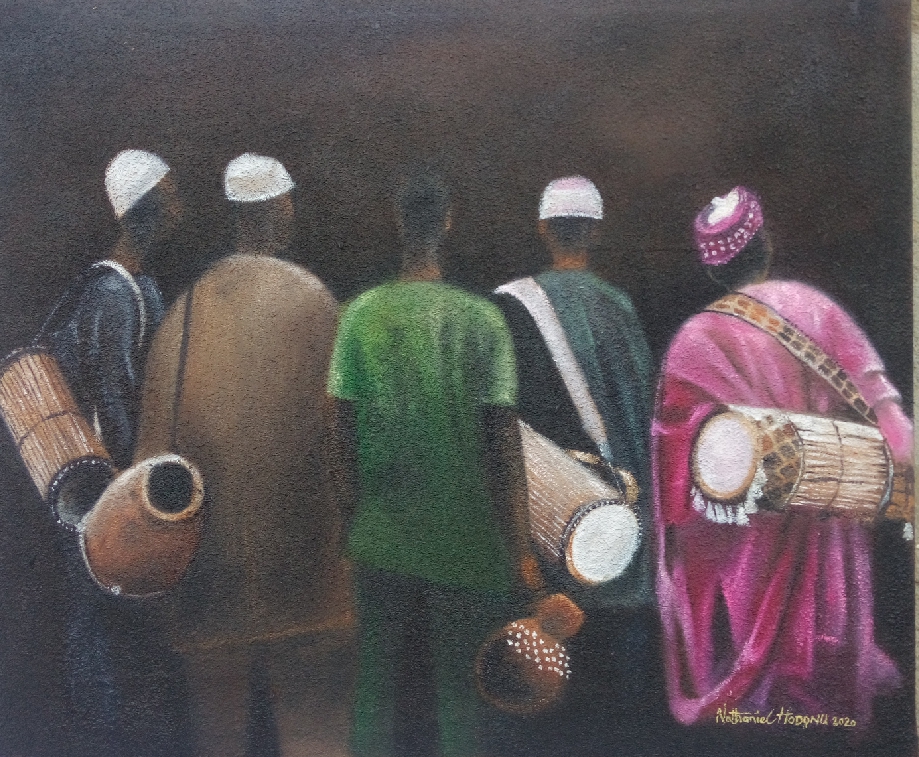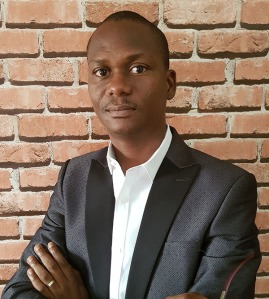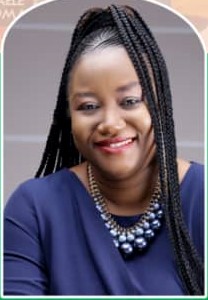Investigating the etymology of obsolete concepts in Amrah Aliyu’s ‘Breast Are Names of Flowers’
By Umar Yogiza Jr.
THROUGH the methodical lens of a wayfarer and incarcerated, Amrah Aliyu’s Breast Are Names of Flowers reflects on the wreathed past, present and the future, the safety and danger of navigating through the age-long customs and traditions that haunt the values and validity of the girl-child and woman.
In this exceptional debut collection, Aliyu sings the songs that soothe and hurt and which cut deeply into the skin of her generation’s potential. Like an already matured poet, she writes about ordinary people’s strife, loss, desires, fears, regrets, mourning, physical/mental imprisonment, as forms of refuting against conspired degradation and open violence.
“There’s a place/within her breast/where flowers do not wither. /She wore fire on her tongue.” Aliyu’s longest poem, ‘I Was Raised By Rebels 39’ is both enchanting and safe destination of fact. The loud tone is by definition interrogative and distraught, yet she controls her perturbed sanity like an aged Monk meditating.

“I call them all mothers/ Voices that make rain;/ they pulse with thunder in their veins/ And lightening in their eyes.” Wherever Aliyu invokes JP Clark in ‘I Was Raised By Rebels’, Christopher Okigbo answers back with the voices of thunder. “I was raised by warriors/ rebels who taught me/ to look the sun in the eye”, she writes further: “My mother;/ Lives seven hundred/ and forty-six million miles/ above the ground,/ Somewhere around Jupiter/ where diamonds bear our faces.”
The first poem in this collection, “The Language of Love” captures the pleasures and pains of true-love and its traumatic scars. She employs every tool in her poetic arsenal: the poem starts with an introduction to love, her sincere inquisitions are a signboard that directs time furiously toward the continued unfinished past and the half-baked present. “I was sixteen/ When Ladidi told me/ about the language of love./ It is hard to bury a lover./ Bury the body, the memories will haunt you./ So much you long to reunite.”
In part two of the book, she’s at 18, and she wanted to feel love, to feel broken. In Halima’s piece, every boy she kissed left a piece of him with her. Strange, but she gets it now. “This boy comes like the clouds. He passes/ the blocks, lights my heart/ sets me like a burning bush. A city on fire./ I want to reach him; suck him dry until he’s an empty ocean./ But his ghost calls my body home;/ memories rise, they weaken my bones;/ I am sinking, floating./ And, so I long for death./ Just like Ladidi/ to be reunited with my Ex.”
Palace is not a large or lavishly ornate resident of kings or head of states, it’s a heart of a woman. It’s so, so large, said Aliyu, “I do not/ know how to destroy beautiful things./ So I keep my distance./ When I try to move on,/ he comes like a rainbow in the horizon./ We were a bitter-sweet present,/ after the past./ Outside me 10.” It’s the same unexpressed feelings in the poem ‘Waiting 15’, when she writes, “Neither warm nor cold/ Just a little in-between/ Clot of clouds./ The night is silver in silence./ My waiting is grey-haired/ So, I write a poem for a love/ Who never arrived.”
Aliyu draws up a four-dimensional map of what it means to be living in a country where survival is a popular religion, and everyone is after staged miracle. She wrings the bedsheet of history with her iron sieve of honesty. Aliyu investigates the etymology of the obsolete concept of youths, especially the girl-child in Northern Nigeria, and the unintended consequences of pursuing the dreams tradition condemns as useless and undesirable.
In the poem ‘Sorosoke,’ she writes: ‘Today I lit up a candle/ for those whose blood was forced into earth’s throat/ for those whose blood spilled/ on tars and metals; forced to return to dust outside their dreams.” It’s a sin to go to the battlefield singing songs, a sin to dare to march with dreams written on placards. Aliyu, like any other real poet, fixes her lens more on people and their condition than objects: “Hear the thunder of bullets/ North the rich, North the poor, North the even Jah can stop this storm./ We are but pieces of meat/ To be stolen from the pot of soup.”
In Aliyu’s poetry, Nigeria is a country both fertile and barren, a land where hatred obliterates armless love and togetherness arrogant impunity. “How many more cuts can she take?/ Butane, propane—and a chunk of dirt./ Chocking, swelling, suffocating/ shrinking, trembling; tears./ Lifeless, nothing to hold the sun./ Million soft names erased./ Listen to a drop of milk; listen/ Like the kind moon you know 49.”
In the four section, the earth and celestial interrogation are done with the same scale of reverence. If you observe carefully, there is beauty in every ugliness. The poems attempt to move beyond ordinary wishes for change to how to mine the cracks and work for sustainable growth. “I was born to be invincible/ like a root deep down the ground./ My fingers; droplets of moise in the desert filled with wondering bones/ My skin is made of broken glasses/ so I was born to hide. To be silent. To be dead/ In the eyes of the night.”
There may no longer be any incorruptible person in Nigeria, but there are still incorruptible dreams, of hope starving but mindless of the over-rich lunch table of corruption. There are fathers and mothers who toil day and night to irrigate today’s abandoned gardens of hope for tomorrow. Aliyu’s poems in Breasts Are Names of Flowers are about you, about me, about them, they are poems about love, about hurts, about loss, about fleeing dreams, and fading talents. Finally, they are poems about love for a country, the country that’s not going anywhere. For no action of a few can condemn the entirety of a country.
* Yogiza is Association of Nigerian Authors’ PRO, North




0 Comment
The poems opened more questions than the sincere
Great analysis!
It is a nice analysis with apt insight into her poetic world. I look forward to reading her poetry soon!
No comment yet. I have not read the piece